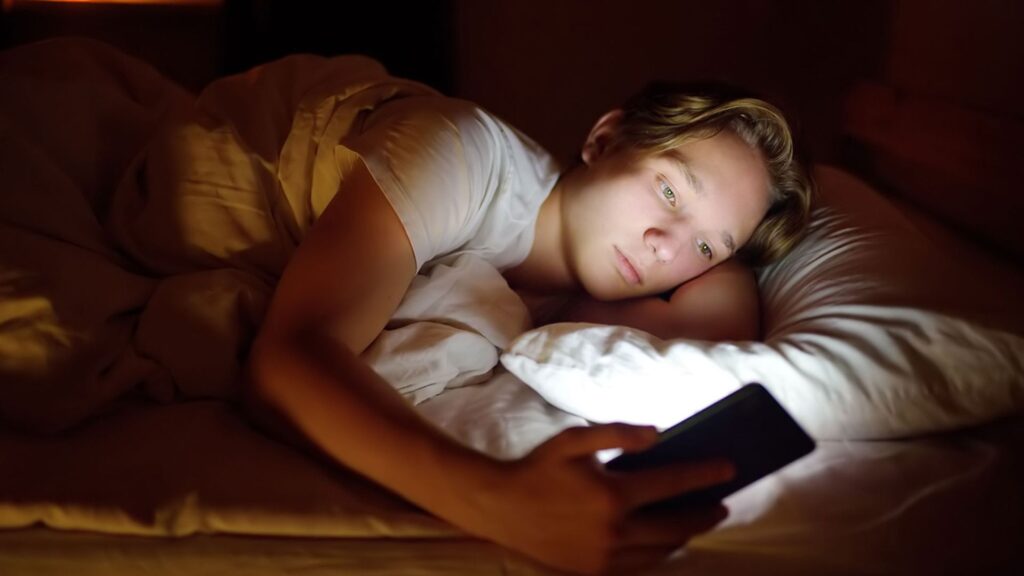
It can seem like the answer to every mental, and even some physical health ailments right now is met with: “Have you tried therapy?” As mental health issues continue to rise, people are considering turning to Cognitive Behavior Therapy (CBT) for answers and healing, and sleep issues are no exception. But how well does it work, especially for sleep conditions like insomnia?
New research points to the fact that it does work, but better for some than others. In late January, a study was published in the Behavioral and Cognitive Psychotherapy Journal determining just how effective it might be for those with insomnia and anxiety disorders. (1)
In the study, 72 participants completed four sessions of therapy, and used daily diaries and self-reporting of their symptoms before and after treatment. The results were clear — CBT was associated with medium reductions in anxiety, and large reductions in insomnia severity. But, for younger people, the results were even more significant.
“The findings suggest that younger [anxiety disorder] participants with moderate anxiety symptoms may benefit most from the anxiety-relieving impact of CBT,” researchers concluded. Some of the positive impact comes from the idea that people “ruminate” less when they are in therapy. Ruminating is basically a fancy word for worrying, especially the kind where you are awake at 3 a.m. going around and around on the same topic, preventing great sleep in the process, and ultimately making your daytime worse therefore as well.
Other research has also shown that CBT can help with insomnia symptoms, though due to the small size of some studies, they still call for more research. (2) This study contradicts research that shows that adults are more successful with therapy than kids, though it depends on the person’s specific situation.
So, how can people with anxiety and insomnia know CBT might be an option for them? First, reach out to your doctor or sleep specialist to see if you are a candidate. According to Mayo Clinic, CBT works for this issue by helping you change your sleep routine, set sleep limits, make lifestyle changes, improve your sleep environment, and even learn relaxation techniques.
They also note it’s a good alternative to sleep medication, especially if you are worried about becoming dependent on them. It also addresses key issues contributing to anxiety, which pills cannot. However, Mayo Clinic adds that sometimes the two are necessary together for a better reduction in symptoms.
If you are giving CBT a try, they remind patients to be, well, patient — it can take 6-8 visits at least. Like anything, improving anxiety and insomnia might not be a quick fix, so reach out to your healthcare professional asap to get started.
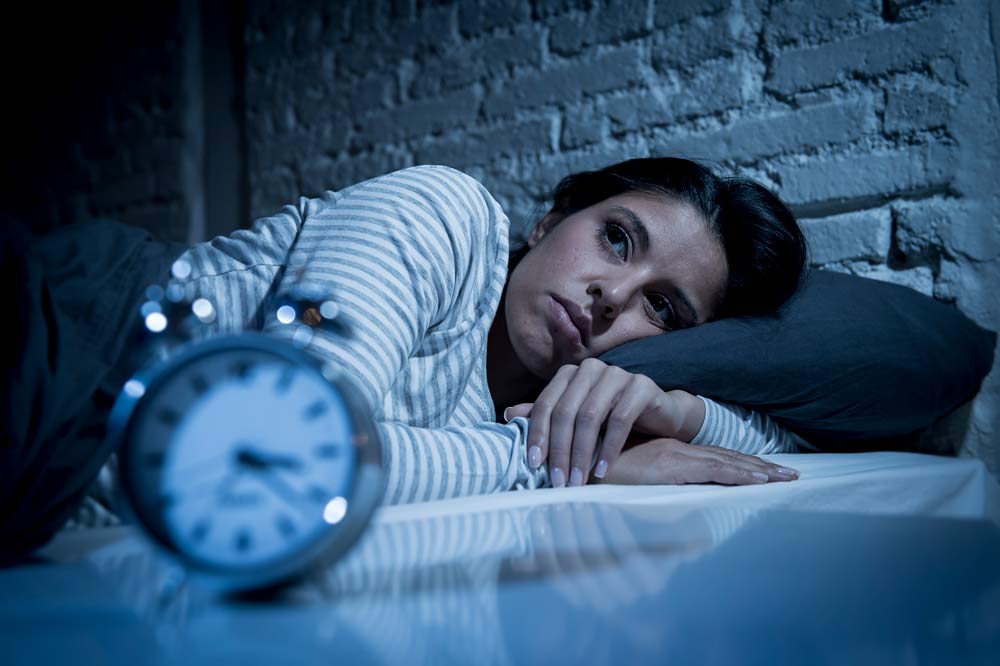
Types of Insomnia — Causes and Treatments
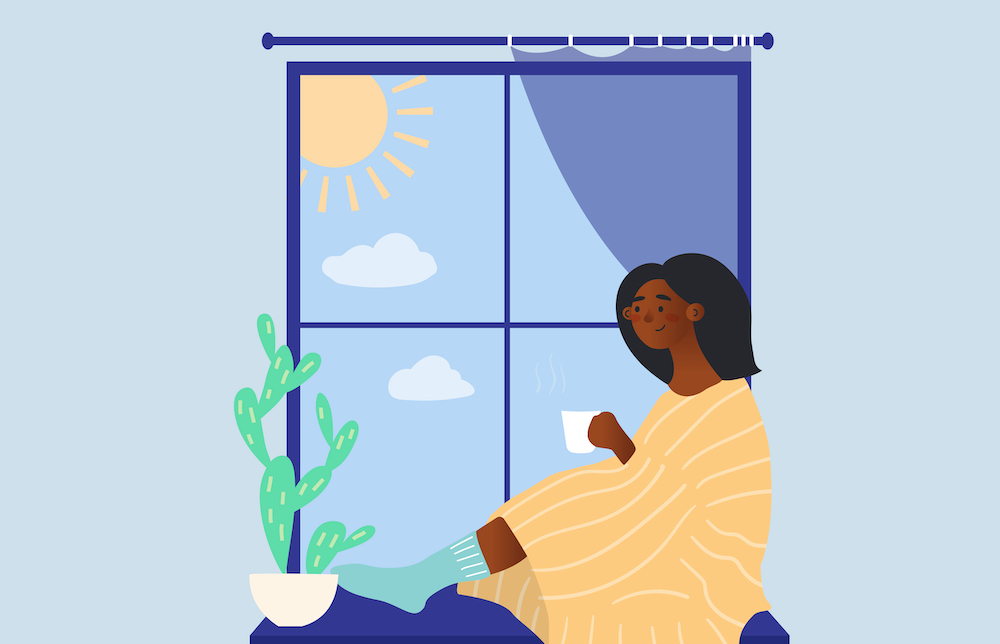
Can The Circadian Rhythm Be Changed?
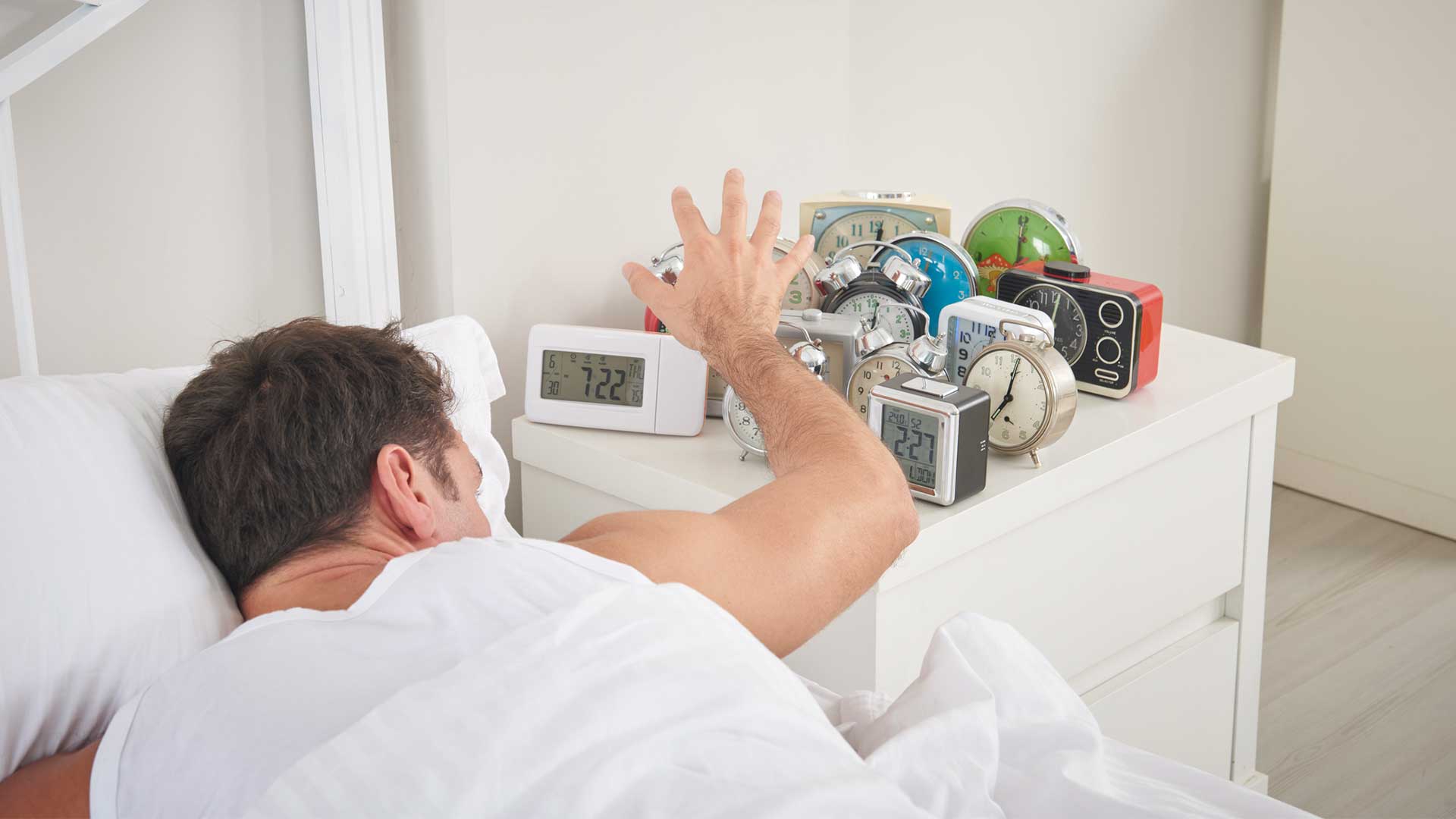
Does Obsessing About Sleep Goals Interfere With Your Actual Sleep?
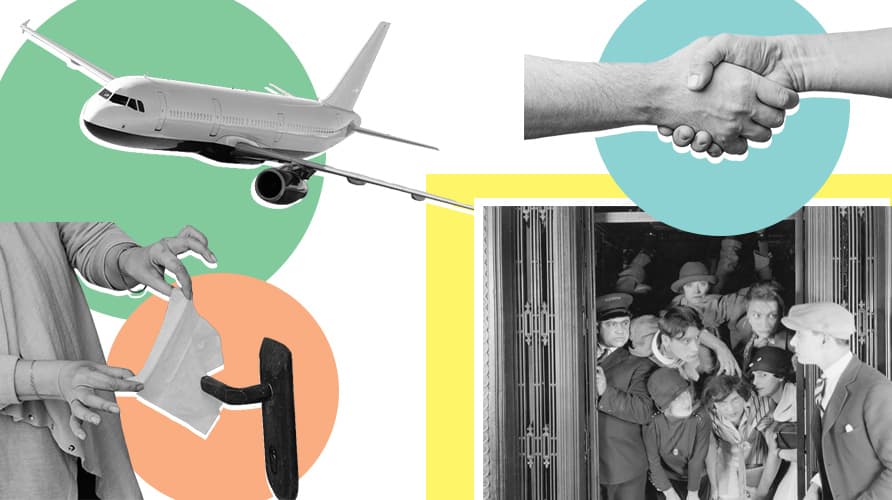
How Does Anxiety Affect Your Sleep?
Sources
1. Lau P, Starick E, Carney CE. Anxiolytic impact of cognitive behavioural therapy for insomnia in patients with co-morbid insomnia and generalized anxiety disorder. Behavioural and Cognitive Psychotherapy. 2024 Jan:1-5. DOI: 10.1017/s1352465823000656. PMID: 38282533.
2. Alimoradi, Zainab; Jafari, Elahe; Broström, Anders; Ohayon, Maurice M.; Lin, Chung-Ying; Griffiths, Mark D.; Blom, Kerstin; Jernelöv, Susanna; Kaldo, Viktor; Pakpour, Amir H.; “Effects of cognitive behavioral therapy for insomnia (CBT-I) on quality of life: A systematic review and meta-analysis,” Sleep Medicine Reviews, Volume 64, 2022, 101646, ISSN 1087-0792, https://doi.org/10.1016/j.smrv.2022.101646.